Hey y’all,
Not to panic anybody, but tomorrow is February.
I don’t know what happened to January. I kept waiting for my year to start, but somehow, it just didn’t?
After the Lunar New Year hit, I started researching all the different times of year you could pick to start your year. The solstices and equinoxes are good markers — you can usually find some people somewhere that start the year with one of seasons. (For example, the Iranian New Year falls on the March equinox.) Though I grew up Methodist, Rosh Hashanah, the Jewish “head of the year,” always feels right to me. Autumn, though the leaves fall, feels like a new beginning to me. (I think it’s tied to all those years going to school.)
But I feel like I need the year to start right now!
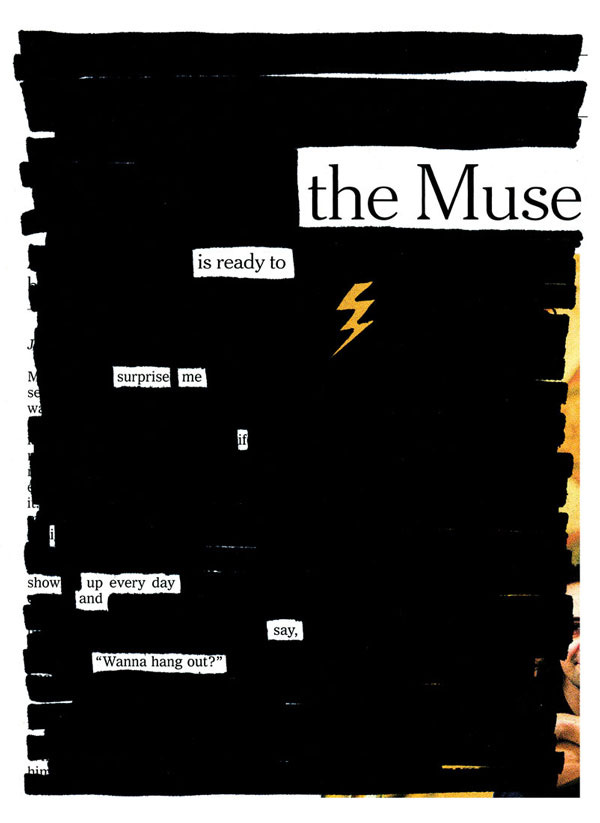
It’s not just me! People in the Northern Hemisphere need a little hope this time of year. Fortunately, many holidays exist just for that purpose, marking the halfway point between the winter solstice and the spring equinox.
The first, on February 1, is Imbolc, a traditional Gaelic festival. Many of the celebrations are built around Brigid, “the goddess whom poets adored.” The idea is you set out goodies for Brigid and make her a bed so she’ll visit and bless you. I like this idea of invitation. It aligns with my comfort in believing that inspiration might not be inside us trying to get out, but outside us trying to get in. We step in the studio, we set aside time, we arrange our materials… and begin.
The next option is Candlemas on February 2, a Christian holiday of purification. Some celebrants bring their candles to church to have them blessed so you can use them for the rest of the year. This matches well with my recent fire and flame obsession. (Maybe I could bring my pens and pencils in to be blessed?)
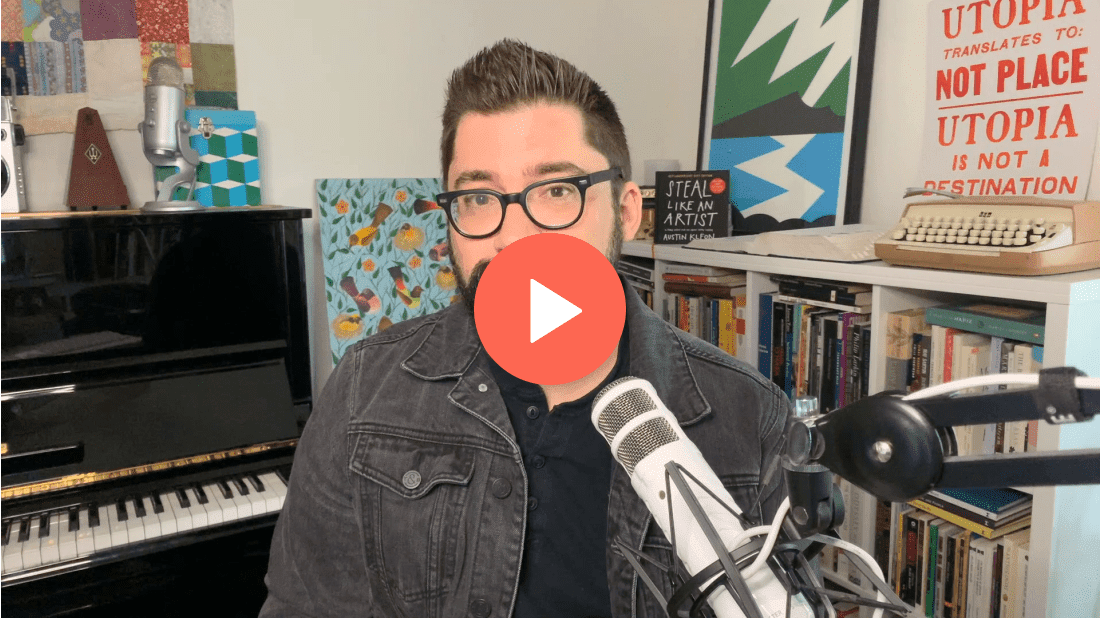
The third option, of course, is Groundhog Day, the American holiday that’s been around for a mere hundred and thirty-five years, focusing on the “excitement of a large squirrel predicting the weather.”
I’ve never found the holiday itself to be very inspirational, but like many, I’ve found deep meaning in the 1993 comedy, so much so that I began my book Keep Going with the chapter, “Every Day is Groundhog Day.” (Click that link to hear me read it.)
February is the shortest month, a clean four weeks, so if you’re feeling strong enough, it’s a great time for a 28-day challenge. You could start a reading habit (try the bookends method?), a journaling habit, or try what my friend Bill Keaggy recommends, a daily 30-minute noticing walk. (Admittedly, harder to do in the frozen north.)
As my friend Mark Larson says, “We expect too much from January and not enough from February,” and he suggests not starting your resolutions until February, “if ever.”
Today I’m thinking about those last two words: “If ever.”
As much as I’m trying to be the light here, I also suspect that this February might another month of dormancy rather than thriving. I’ll show up best I can, but I ain’t gonna force it, you know?
One thing I like about all the holidays I mentioned above is that they acknowledge that we’re only halfway through the winter. (I’m trying not to leave out my Southern Hemisphere friends here, sorry, keep enjoying your summer!) The only way out is through. (Or as journalist Kevin Killeen’s dad put it, recounted in the classic internet video, “If you can make it through February, you’ll live another year.”)
Given how bleak February can be, it might be a fun time to up my friend Clayton Cubitt’s recommendation to replace Groundhog Day with “Capybara Spa Day”:
The capybara does not care whether she sees her shadow. The capybara is not worried about winter. The capybara is soaking in a hot bath. The capybara lives in the now, not waiting for spring.
Maybe I’ll celebrate this week with a good hot soak and a book.
Okay friends, that’s what I’ve got. Tell me in the comments how you plan to survive (or even thrive!) in February:
xoxo,
Austin


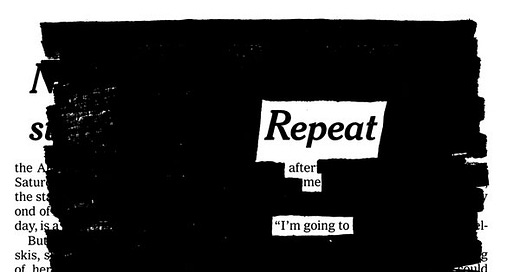



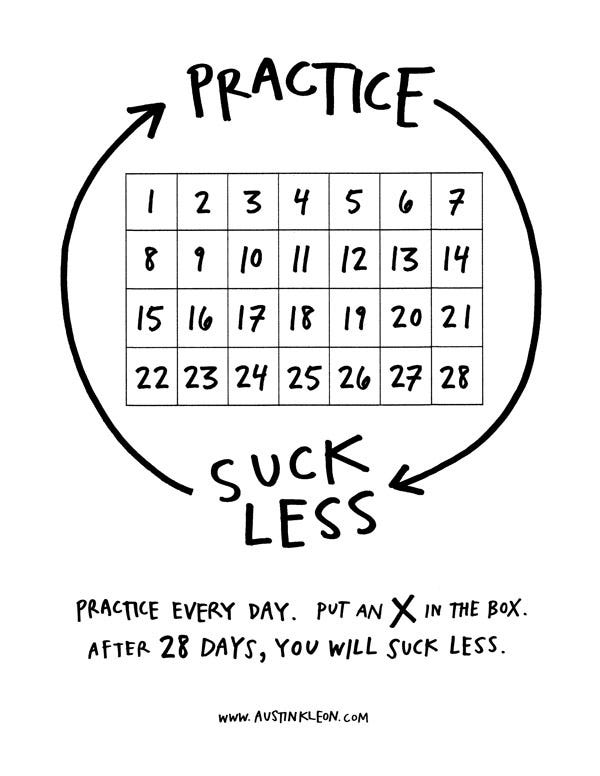
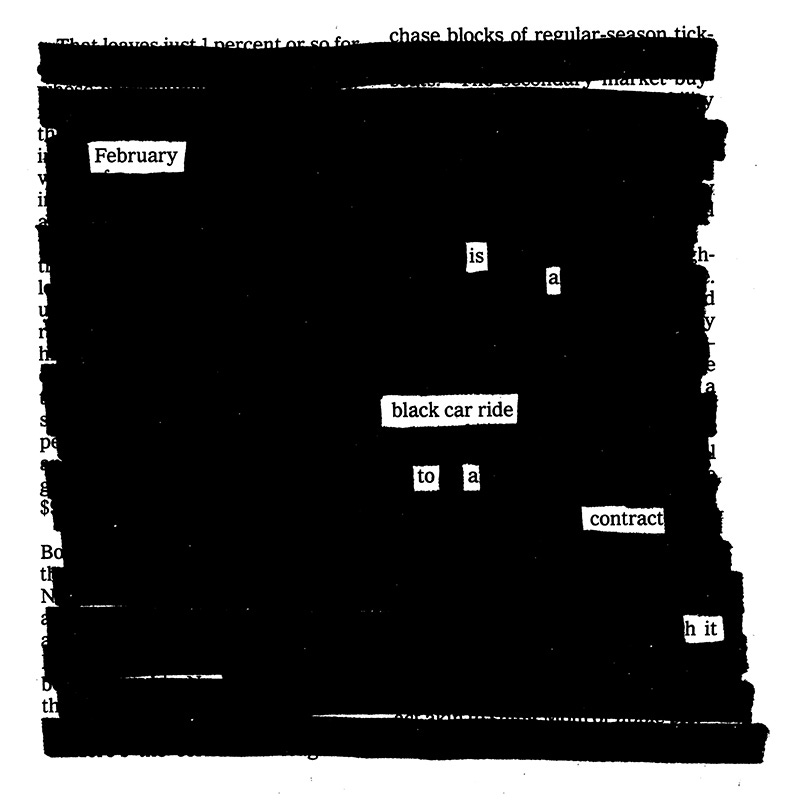


Last night I listened to a good conversation between Kate Bowler and Elizabeth Gilbert on creativity. One of my favorite things Liz Gilbert said was (loosely paraphrasing): In our culture we get so obsessed with having a higher purpose, as if having/living a life isn't pretty incredible on its own. This hit me hard.
I also started Katherine May's "Wintering." So, I think I'm just going to hunker down and accept the season for what it is.
I finished my backyard studio (over a year in the making) and yet, here I sit in the kitchen. My bread is proofing for another three hours, the dog is always going to be needy, whether I'm here or not (and will survive) and I am making lists rather than getting out there. I loved this post. It is all about practice, isn't it? I know this well. Time to bring the kindling to the studio and carefully start making the fire. And I will definitely make up the loft bed for Bridget!